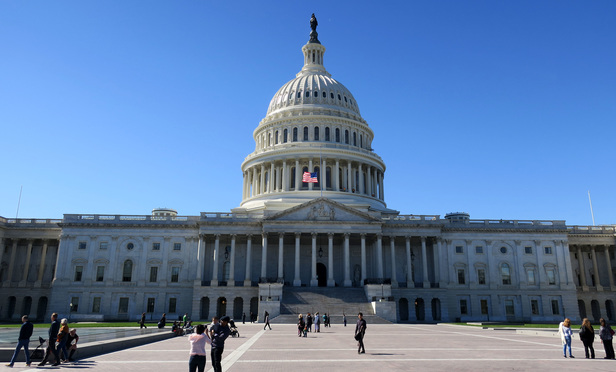According to the U.S. Centers for Disease Control and Prevention, in 2015, opioid deaths surged past 30,000 for the first time in recent history. That is an increase of almost 5,000 deaths over 2014. Notably, there has been a 75 percent increase in deaths caused by powerful synthetic opiates, like fentanyl, from 2014 to 2015. Deaths related to heroin alone have risen by more than 2,000 and, for the first time since the 1990s, heroin was responsible for more deaths than traditional opiate painkillers, like hydrocodone and oxycodone. Remarkably, in 2015, there were more deaths from heroin-related causes than gun homicides, setting a new milestone. To show how fast this epidemic is growing, in 2007 gun homicides outnumbered deaths from heroin by more than 5-to-1.
In the late 2000s, there was an explosion of abuse of prescription painkillers. The state and federal issuance of tighter restrictions on painkillers after the explosion shifted the demand over to illegal drugs, such as heroin. One of the reasons for this rising prescription opioid and heroin epidemic is the number of people who do not receive effective treatment for their substance disorder. Drug policy reformers rightfully argue that criminalization of illegal drugs presents a barrier to forestalling this epidemic. Criminalization and its ensuing stigma dissuades people from getting help because they hide their addictions.
This content has been archived. It is available through our partners, LexisNexis® and Bloomberg Law.
To view this content, please continue to their sites.
Not a Lexis Subscriber?
Subscribe Now
Not a Bloomberg Law Subscriber?
Subscribe Now
LexisNexis® and Bloomberg Law are third party online distributors of the broad collection of current and archived versions of ALM's legal news publications. LexisNexis® and Bloomberg Law customers are able to access and use ALM's content, including content from the National Law Journal, The American Lawyer, Legaltech News, The New York Law Journal, and Corporate Counsel, as well as other sources of legal information.
For questions call 1-877-256-2472 or contact us at [email protected]



